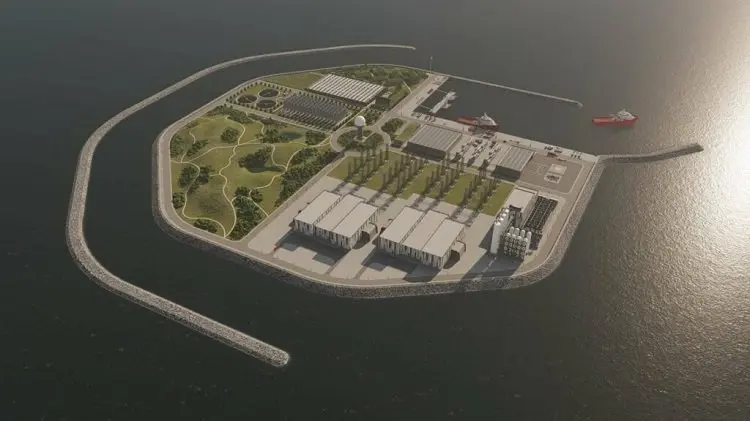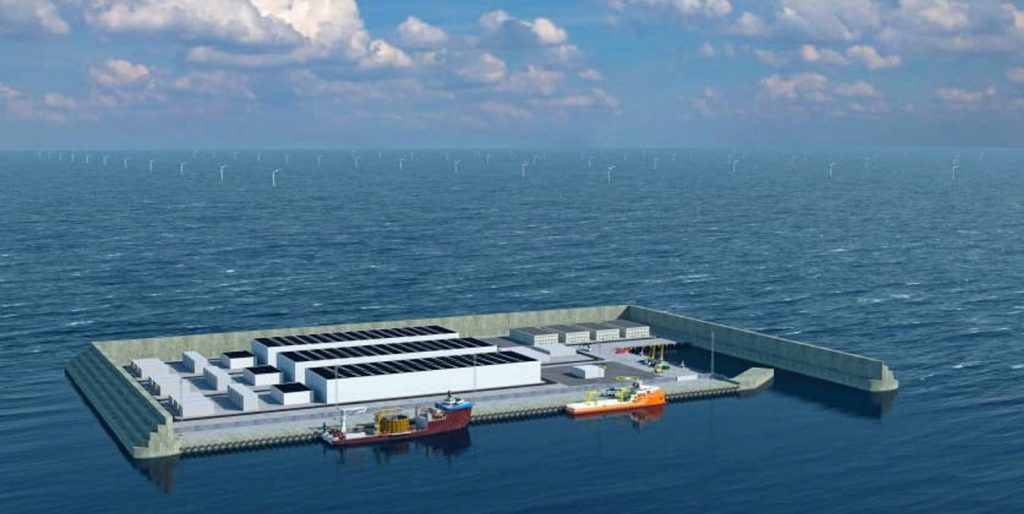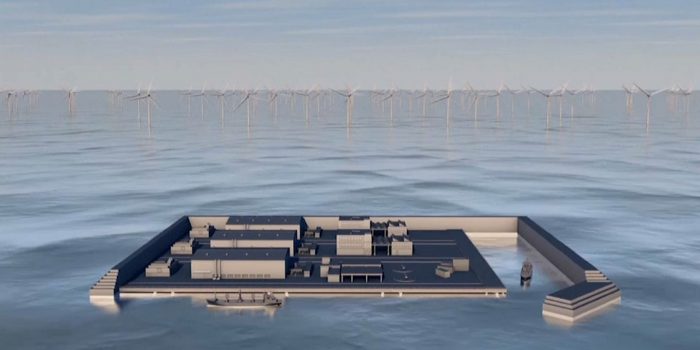Elia, an electricity transmission system operator based in Belgium, is set to make history by building the world’s first-ever artificial energy island in the North Sea. The project, which is expected to be completed by 2030, is intended to serve as a hub for connecting offshore wind farms with mainland electricity grids, as well as those of neighboring countries.
With climate change concerns mounting, countries worldwide are working to reduce their carbon emissions to achieve a net-zero status. Renewable sources of energy, such as wind and solar power, are becoming increasingly vital components of these efforts. However, the intermittent nature of renewable energy generation presents a significant challenge to energy grids, as supply and demand must be balanced constantly to prevent blackouts and brownouts.

Connecting renewable energy sources in large grids is essential to ensure that the energy supply can be maintained to meet demand. The North Sea artificial energy island project will address this issue by acting as a central point for integrating and transmitting power from multiple offshore wind farms.
The energy island will feature a hub for direct current (DC) connections, which will allow for high voltage transmission of electricity to the mainland and neighboring countries. The island will also house a converter station, which will convert the DC power from wind farms into alternating current (AC) power for distribution to consumers.

The North Sea energy island will be an enormous undertaking, requiring significant investment and engineering expertise. However, the potential benefits of the project are vast. The project will not only help to meet the energy needs of the region but will also accelerate the transition to renewable energy sources and reduce carbon emissions.
In conclusion, the construction of the world’s first-ever artificial energy island in the North Sea is a significant step towards a sustainable future. The project’s success will depend on the cooperation of neighboring countries and private companies in the energy sector. Nonetheless, the potential benefits of the project, including a more reliable and resilient energy grid, make it a worthy investment in the fight against climate change.


